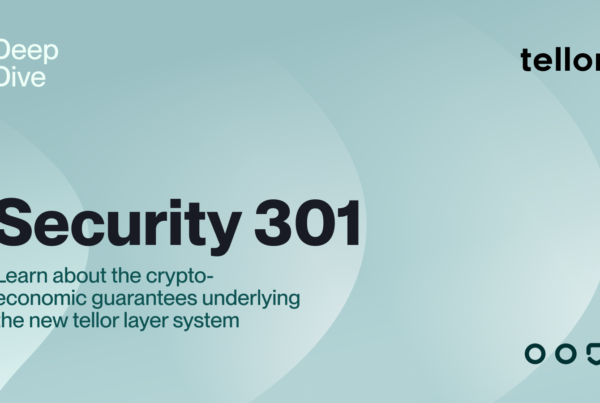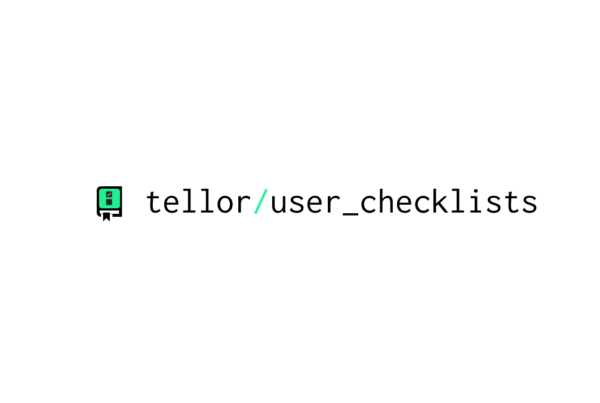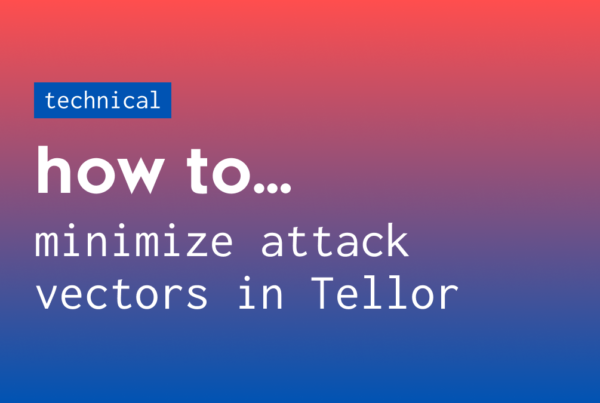Tellor is a decentralized oracle on Ethereum.
To break down what exactly that means, first you have to understand the problem we’re solving: blockchain networks are very siloed. They’re amazing systems that allow for trustless financial contracts, but if you need access to information not on Ethereum, like the price of BTC/USD, an interest rate, or even a sports score, you have to rely on a trusted third party to place that data on chain.
Tellor gets rid of those centralized parties by using a network of miners who compete to go and fetch the data for your smart contracts.
How does the Tellor Oracle work?
We created a protocol where Proof-of-Work miners compete to provide the data requested in the Tellor smart contract. Users (e.g. financial contracts on Ethereum) read from this on-chain database for use in their trustless applications.

This sounds simple, but to make this model work and have the proper crypto-economic incentives to secure this network, Tellor mints its own token — Tributes (TRB).
TRB
Tellor Tributes have several uses in our system and are the backbone of our security.
TRB uses
- request data updates (tips)
- in order to participate as a miner you must lock up 500 TRB
- initate a dispute on a submitted value
- vote on disputes
- vote on system upgrades
First, TRB is used to request specific data updates and when a miner submits data on-chain they are paid in our token as a reward. Second, all miners are required to place a deposit of TRB in the Tellor smart contract before they can compete and begin mining. These incentivizes make it so that if a miner tries to submit a bad piece of data, we can dispute their value and then slash them for being malicious. In order to initiate a dispute on a value the disputer has to pay a fee in TRB. All disputes are voted on by the Tellor community, and TRB is required to do so.
Additionally Tellor is a fully decentralized project that has no admin key which give too much power over the smart contracts to the founders. Yet, we included the ability to make upgrades to Tellor without centralized control. To achieve an upgrade to our system, a method for proposing and voting these in was created. For more info see our articles on the admin key burn, and Tellor Improvement Proposals.
For a deeper dive into Tellor
Check out docs.tellor.io, and our medium articles which cover topics like the dev-share and security.
Thanks for your interest in Tellor, and as always, if you have any questions or would like to become part of our community please hop into our telegram and discord.



